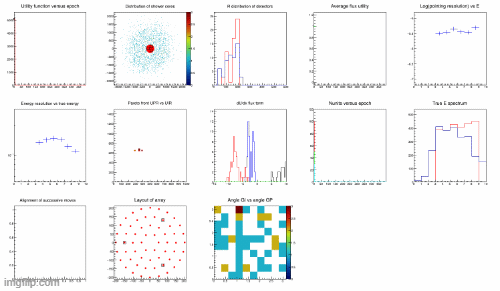 Conferences Good And Bad, In A Profit-Driven Society
Conferences Good And Bad, In A Profit-Driven SocietyNowadays researchers and scholars of all ages and specialization find themselves struggling with...
 USERN: 10 Years Of Non-Profit Action Supporting Science Education And Research
USERN: 10 Years Of Non-Profit Action Supporting Science Education And ResearchThe 10th congress of the USERN organization was held on November 8-10 in Campinas, Brazil. Some...
 Baby Steps In The Reinforcement Learning World
Baby Steps In The Reinforcement Learning WorldI am moving some baby steps in the direction of Reinforcement Learning (RL) these days. In machine...
 Restoring The Value Of Truth
Restoring The Value Of TruthTruth is under attack. It has always been, of course, because truth has always been a mortal enemy...








 Augusto Minzolini (right), director of the TG1 news program of Rai 1, the most followed public italian TV channel, is under siege in Italy, accused of hiding the news of the embarassing story of Berlusconi and the call girl Patrizia D'Addario and the surrounding affair, which continued to make headlines on World press, but was utterly absent from Rai 1 TV news for over a week.
Augusto Minzolini (right), director of the TG1 news program of Rai 1, the most followed public italian TV channel, is under siege in Italy, accused of hiding the news of the embarassing story of Berlusconi and the call girl Patrizia D'Addario and the surrounding affair, which continued to make headlines on World press, but was utterly absent from Rai 1 TV news for over a week. 
